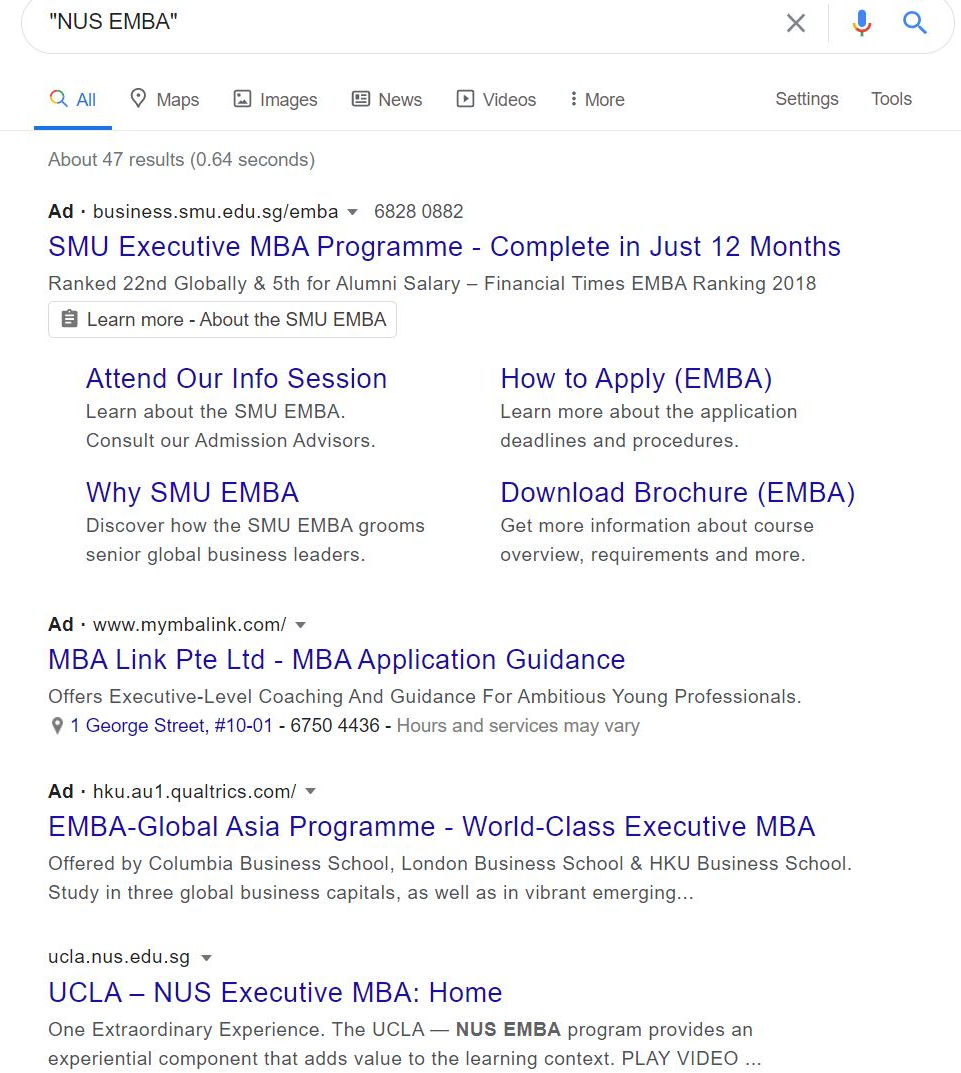
Exhibit 27.13 Short tail keywords are better suited for targeting prospects at
the start of the digital marketing funnel, whereas long tail keywords work for leads and customers
who have progressed down the funnel.
Marketers should develop a strategic approach to selecting
and using keywords to maximize the effectiveness of their search marketing efforts. For larger
players in a category, short tail category keywords are effective for drawing high traffic to their
home page, even though conversion rates may be low. These keywords are best for targeting prospects
at the start of the digital marketing funnel (Exhibit 27.13).
For targeting visitors and leads who have progressed further down the funnel, longer
phrases and more specific keywords should be used. These long tail keywords, such as “anti-dandruff
shampoo”, “marketing analytics for practitioners”, and “front-loading low suds washing machines”,
generate lower search volume but have a higher likelihood of triggering conversions. They also
attract less competition.
Smaller players may need to use category keywords less frequently than their larger
competitors due to affordability reasons. While these keywords are effective in driving traffic, the
high level of competition can make them relatively expensive. It is also important for smaller brands
to remain well-differentiated and craft an identity that distinguishes them from their larger
competitors.

Exhibit 27.14 Singapore Management University (SMU) targets competitor NUS’s
keywords.
Well-differentiated brands can target brand-specific keywords, such as unique selling
propositions or points of difference. Not only would this incur lower bids, it would also yield better
click-through and acquisition rates.
Marketers may also consider targeting competitor keywords, especially those associated
with market leaders. However, it is important to be mindful of legal implications, as targeting
trademarks such as brand names is illegal in many countries.
Exhibit 27.14 provides an example of the use of competitor keywords. In this
example, Singapore Management University and other business schools are targeting NUS’s keywords to
increase visibility and attract prospective students who are searching for the NUS EMBA. Targeting
competitor keywords can be relatively expensive due to low scores on ad relevance and weak landing
page quality. Additionally, it may be difficult to secure the top slot for keywords if the competitor
also advertises.